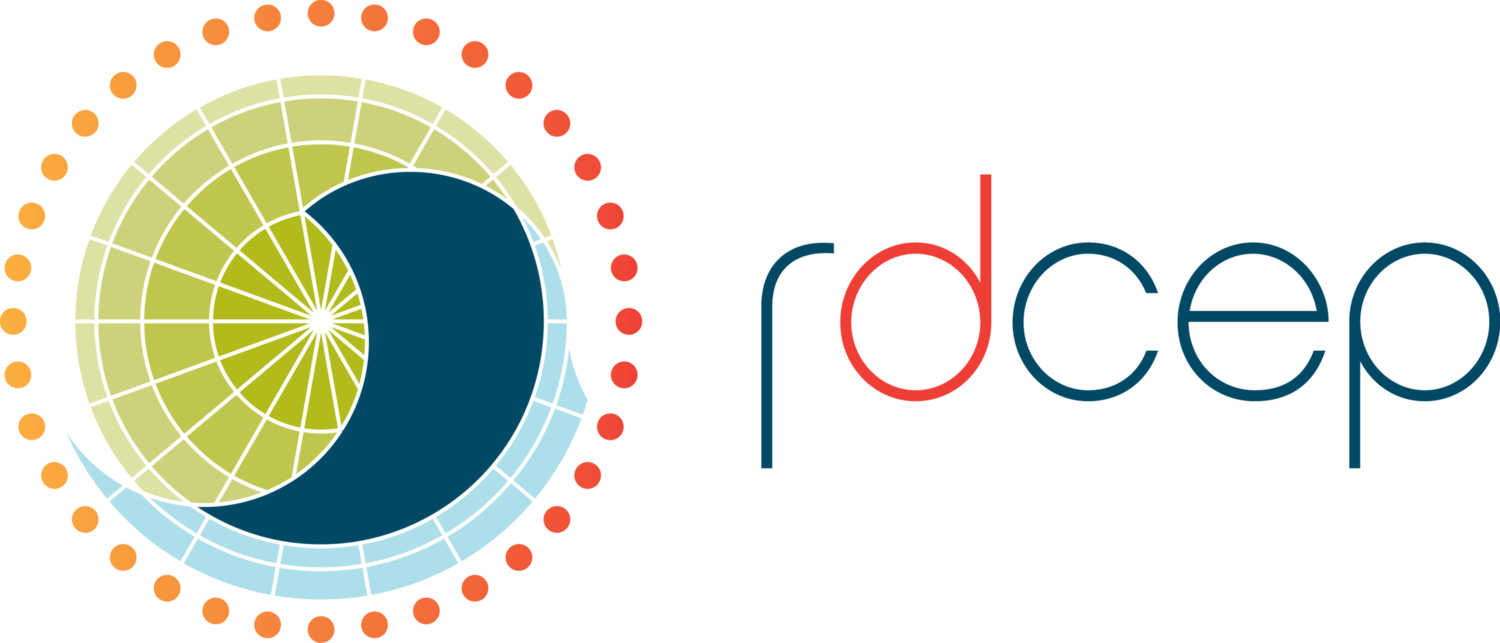Speakers: Scott Collis, Argonne & Elisabeth Moyer, RDCEP
Location: Searle 240A, University of Chicago & Adobe Connect
We are pleased to present the 4th installment of the Inside the Discovery Cloud Speaker Series on Planet & Environment:
Scott Collis, Radar Meteorologist, Argonne National Laboratory
"Break down the wall: Data models, social coding and forging ahead towards better atmospheric understanding.”
There is a wealth of data in the atmospheric sciences. Numerical model resolution is increasing and observations are becoming more sophisticated resulting in a true big data problem. This talk will not solve this problem. However, this talk will introduce the audience to the weather data nexus and our efforts to solve a small part of this issue: Building a community effort in remote sensing science and building a common data model for radar data. In 2011 the US Department of Energy procured a network of radars with the aim of improving process level understanding of phenomena pertinent to global energy balance. Due to the complexities of pacing with a expanding and evolving observational effort the Argonne data product team decided to build an algorithm architecture divorced from the input data stream. This community-based system was designed to fuse the panoply of mathematical and domain specific knowledge focused on the aim of building best practice geophysical retrievals from the radars to gain process level insight. This presentation will outline the architecture, give specific use cases, sell the idea of community code and wax lyrical on the need for reproducible science.
Elisabeth Moyer, Assistant Professor, Atmospheric Chemistry & Transport, University of Chicago and the Center for Robust Decision Making on Climate and Energy Policy (RDCEP)
My research interests fall in two main threads. The first includes the use of the isotopic composition of atmospheric water vapor as a tracer of convective processes, cirrus formation, and stratosphere-troposphere exchange; and the design of spectroscopic techniques for in-situ trace gas measurements. The second includes climate (and human) response to greenhouse-gas forcing; development of tools for impacts assessment; statistical emulation of climate model output; and climate and energy policy evaluation.
++++++
If you are unable to join us in the Searle Chemistry Laboratory, you may join the broadcast from your location by using Adobe Connect.
To join the meeting:
http://anl.adobeconnect.com/tcs-ci
-Enter as a guest
If you have never attended an Adobe Connect meeting before:
Test your connection:
http://anl.adobeconnect.com/common/help/en/support/meeting_test.htm
Get a quick overview: http://www.adobe.com/go/connectpro_overview
++++++
More about "Inside The Discovery Cloud"
Computation is now an integral part of every field, from physics and astronomy to biology and chemistry to sociology and the humanities. Since 2000, the Computation Institute -- a joint initiative of the University of Chicago and Argonne National Laboratory -- has advanced the field of computation and helped bring those tools to bear on the most important and complex problems across these areas. The CI’s vision of The Discovery Cloud seeks to make the most powerful computational resources available to research of all scales and disciplines, accelerating the discovery of tomorrow’s critical breakthroughs and innovations.
In this monthly series, CI researchers will discuss work on topics ranging from the future of cities to climate change to genomics, using technology from the world’s fastest supercomputers to the common laptop. Hear about new computational approaches that can facilitate your own research as well as opportunities for collaboration and student research projects. Lunch will be provided.











